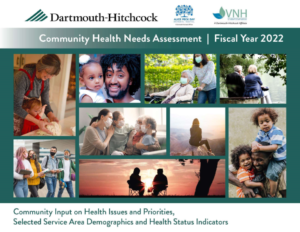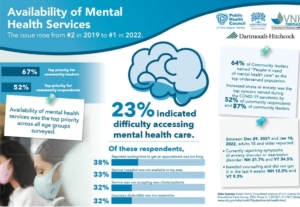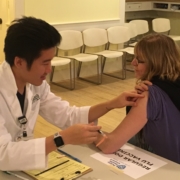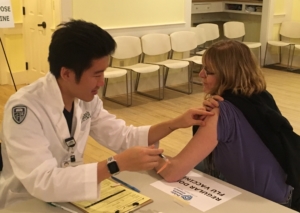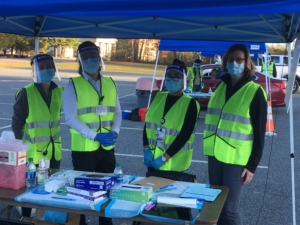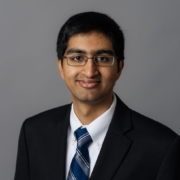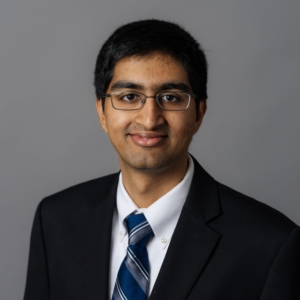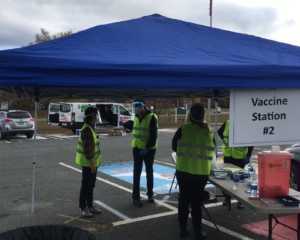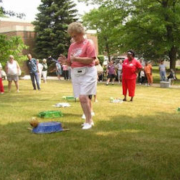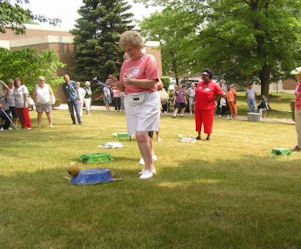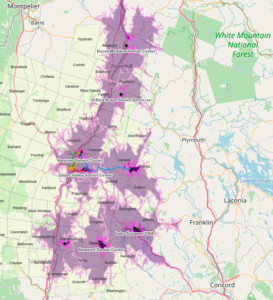PHC is Hiring! Upper Valley Equity Facilitator
Update on July 25, 2022: We are pleased to report this position has been filled.
Job Posting: Upper Valley Equity Facilitator
The Public Health Council of the Upper Valley (PHC) is serving as the Backbone Organization for the VDOH White River Junction District Office’s Upper Valley Community Health Equity Partnership. To support that work, PHC seeks a committed community organizer for a .5 FTE (half time) position funded through May 31, 2023, to help move our district and organizations towards greater equity.
The Equity Facilitator will identify and connect with on-the-ground community organizations, agencies, and members within our region that already address the needs of traditionally marginalized groups. The Equity Facilitator will work with an Equity Steering Group, made up of representatives of traditionally marginalized groups and local health and human services providers, to address the barriers these organizations face in building and sustaining their mission-driven work. There is a chance that the position may grow in hours and/or may be extended beyond May 31, 2023; however, this is dependent on the availability of new funds and cannot be guaranteed.
- Work with Backbone Organization, Vermont Department of Health staff, and the Equity Steering Group to develop; a) a data driven problem statement; b) policies and procedures for providing stipends to individuals attending local collaborative meetings; and c) policies and procedures for providing grants to the community to address health inequities.
- Work with Backbone Organization, Vermont Department of Health staff, and the Equity Steering Group to determine the most inclusive and effective approach to building a diverse Equity Action Collaborative committed to embedding diversity, equity, inclusion, and belonging into the fabric of local operations and implementing systems-change strategies to improve impact.
- Support the work of the Equity Steering Group and serve as its Coordinator and Liaison to the broader community.
- To gather data needed to identify health disparities and equity-related problems in the district, engage and mobilize a diverse network that includes individuals from populations at higher risk and that are underserved to develop, implement and monitor programs designed to reduce health disparities and improve health equity in the White River Junction District. This will include local groups and existing state and regional equity groups.
- Build – or tap into – methods to communicate with and among a diverse network of individuals from populations at higher risk and that are underserved to share information, build trust, and identify opportunities to amplify their potential to address health disparities and equity-related problems.
- Facilitate alignment among multisector partners using collective impact principles, a shared agenda, and shared measurement tools.
- Assist the Equity Action Collaborative to embed diversity, equity, inclusion, and belonging into the fabric of local operations to include advocating for the needs of non-traditional/mainstream organizations and the communities they serve.
- Assist the Community Collaborative to develop root cause analysis and implement systems-change (not programmatic) strategies to improve impact.
- Administer a grant-making program aimed at addressing health inequities from a systems-change approach.
The Ideal Candidate
The ideal candidate will have demonstrated experience in one or more of the following: community outreach and organizing, cultural competency and experience working with diverse stakeholders, community health initiatives, and/or delivering programs in underserved communities. Candidate should have good organizational and communication skills. A bachelor’s degree is preferred, but serious consideration will be given to people with a high school diploma and at least 3 years of related experience.
- Preference will be given to candidates who are part of a community that has been traditionally underserved and are at higher risk for COVID-19 infection or poor health outcomes.
- Preference will be given to candidates who have lived in the White River Junction District, or nearby, for at least 3 years.
- We encourage applications from all interested candidates and are open to providing accommodations that enable participation.
PHC Will Provide Resources and Support
Office space will be provided, but with flexibility in terms of in-person, in community, and remote work. We expect the candidate will need to be available for some evening and weekend work assignments. Local travel is also expected; reimbursement will be provided for work related travel.
Training and support will be provided in:
- Collective Impact Model
- Measurement and Evaluation
Wages and Benefits: The wages for the position will range between $25 and $28 per hour. The position is benefits eligible, prorated to .5 FTE. Benefits include earned benefit time, paid Holidays, and Health Stipend Account contribution.
How to Apply
To apply for this position, please send a letter of interest to Alice Ely at alice.ely@uvpublichealth.org. In your letter, please tell us what about this position is of most interest to you. What about this position speaks to your experience or your personal goals? Please send a resume or summary of work experience as well. Interviews will begin in week of May 9th and will close when a candidate has been selected. We will begin contacting applicants for interviews on May 5, 2022.
If we can provide accommodations to support you in the application process, please reach out to Alice Ely at alice.ely@uvpublichealth.org.
The position is funded through the Vermont Community Health Equity Partnership, by a grant provided by the US Centers for Disease Control and Prevention. The Public Health Council of the Upper Valley is serving as backbone organization (subcontractor) to support the Upper Valley Community Health Equity Partnership.
